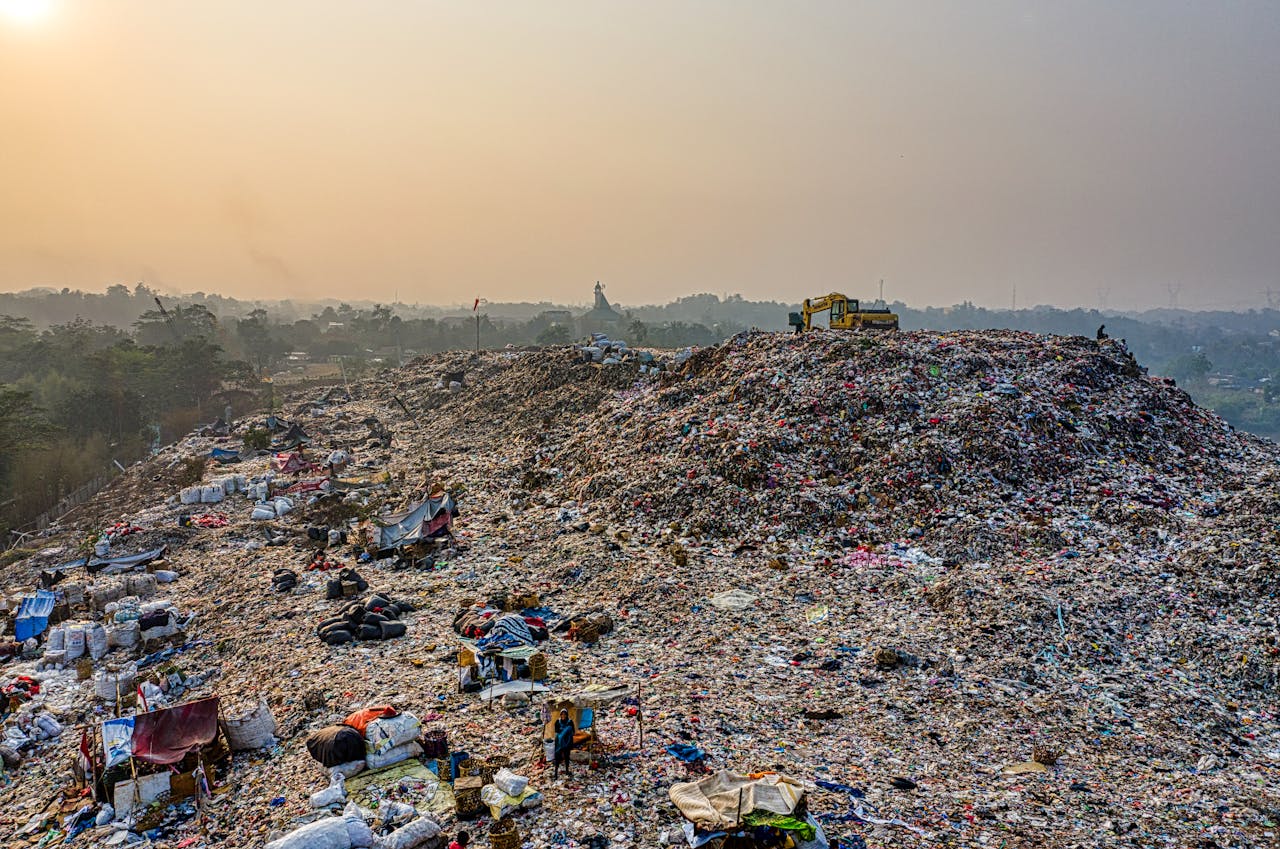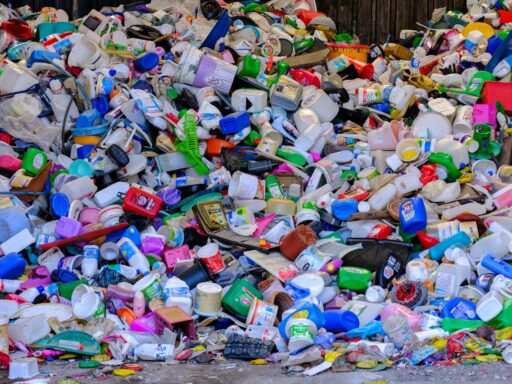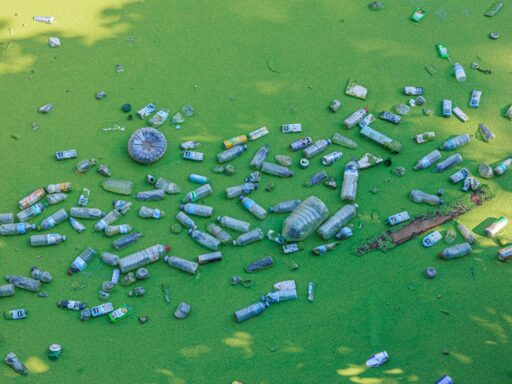Sustainability is no longer just a moral imperative—it’s a key driver of competitive advantage for businesses. In today’s marketplace, eco-conscious consumers and stakeholders increasingly favor companies prioritizing environmental impact and financial growth. For packaging experts, innovators, and a broader audience invested in sustainable solutions, it’s critical to understand how leading companies turn sustainable innovation into environmental and financial wins. This article explores real-world examples of how businesses leverage sustainability to protect the planet and gain a competitive edge.
Sustainability as a Brand Differentiator
Sustainability can differentiate brands in competitive markets, allowing companies to connect with environmentally conscious consumers. Companies that adopt sustainable practices are more likely to attract and retain customers who prioritize eco-friendly solutions, creating loyalty and driving long-term sales.
Unilever’s Sustainable Living Plan
Unilever’s Sustainable Living Plan is a hallmark of how sustainability can drive competitive advantage. Launched in 2010, this initiative integrates sustainability into every aspect of its business. Unilever aims to decouple business growth from environmental impact while improving the health and well-being of over a billion people.
The result? Brands that are part of the Sustainable Living Plan, such as Dove, Hellmann’s, and Knorr, grew 69% faster than the rest of Unilever’s business in 2020. Sustainability became a critical factor in their appeal, driving Unilever’s overall revenue growth. Over 50% of Unilever’s revenue now comes from sustainable brands, proving that integrating eco-friendly practices can provide an accurate market advantage.
Cost Reduction Through Energy Efficiency and Waste Reduction
One of the most direct financial benefits of sustainable innovation is the reduction of operational costs. By adopting energy-efficient technologies and minimizing waste, companies can significantly lower their expenses while reducing their carbon footprint.
IKEA’s Energy-Efficient Operations
IKEA has long been a leader in leveraging sustainable innovation for competitive advantage. By 2020, the company had invested over €2.5 billion in renewable energy projects, including solar and wind power. Today, IKEA produces more energy than it consumes, helping the company reduce costs and position itself as an industry leader in sustainability.
Moreover, IKEA’s commitment to waste reduction has led to sustainable product innovations such as flat-pack furniture, which minimizes packaging waste and reduces transportation costs. IKEA aims to be climate-positive by 2030 and generates more than 1 billion kWh of renewable energy annually, reducing energy costs and environmental impact.
Sustainable Packaging as a Market Advantage
For packaging experts, sustainable packaging is a crucial area where innovation can lead to significant market advantages. Eco-friendly packaging meets regulatory requirements and appeals to consumers who are increasingly concerned about plastic waste and resource conservation.
Tetra Pak’s Renewable Packaging Solutions
Tetra Pak has become a leader in sustainable packaging by developing renewable and recyclable cartons. The company’s commitment to creating low-carbon, eco-friendly packaging has made it a preferred partner for food and beverage brands aiming to reduce their environmental footprint. In 2020, Tetra Pak launched its first fully renewable carton, made entirely from plant-based materials, including paperboard and bioplastics. According to Tetra Pak, renewable cartons have a 50% lower carbon footprint than traditional plastic packaging.
Circular Economy Models for Competitive Resilience
The circular economy model, which focuses on reusing materials and minimizing waste, allows companies to gain a competitive edge by maximizing resource efficiency. This approach reduces costs and ensures businesses are less reliant on scarce resources.
Philips Lighting’s Circular Business Model
Philips Lighting (now Signify) has adopted a lighting-as-a-service model as part of its commitment to the circular economy. Instead of selling light bulbs, Philips installs and maintains lighting systems, ensuring they are upgraded, repaired, and recycled when necessary. This service-based model reduces material waste while providing ongoing revenue streams. By adopting circular economy practices, Philips aims to reduce its carbon footprint by 70% by 2025.
Gaining Regulatory Compliance and Avoiding Penalties
As governments impose stricter environmental regulations, businesses that adopt sustainable practices gain a competitive advantage by staying ahead of compliance requirements. Companies that innovate with sustainability in mind avoid costly penalties and disruptions while benefiting from regulatory incentives like tax breaks.
Coca-Cola’s Shift to Sustainable Packaging
Facing increasing regulatory pressure to reduce plastic waste, Coca-Cola has committed to producing packaging that is 100% recyclable by 2025. The company is also investing in plant-based plastics to reduce its reliance on fossil fuels. This proactive approach helps Coca-Cola maintain market leadership while complying with evolving regulations and customer expectations.
Coca-Cola currently recycles around 60% of its packaging globally, and it aims to use 50% recycled material in all packaging by 2030.
Attracting Eco-Conscious Investors and Securing Long-Term Growth
Sustainability-focused companies increasingly attract eco-conscious investors who prioritize Environmental, Social, and Governance (ESG) criteria. By integrating sustainable innovation, companies position themselves for long-term growth and access to a growing pool of capital that prioritizes environmental responsibility.
Example: Tesla’s Market Domination Through Sustainability
Tesla has become one of the most valuable companies globally thanks to its commitment to sustainability and innovation. By leading the electric vehicle (EV) market and investing in clean energy solutions, Tesla has attracted ESG investors, boosting its market valuation. As of 2021, Tesla’s market cap surpassed $1 trillion, driven by its focus on creating a more sustainable future.
In 2020, Tesla’s vehicle production reduced 5 million tons of CO2 emissions, further cementing its appeal to sustainability-focused investors.
Enhanced Employee Engagement and Retention
Sustainability is not only a selling point for customers but also a way to attract and retain top talent. Employees increasingly want to work for companies that align with their personal values, and businesses that prioritize sustainability often see higher employee engagement and retention levels.
Salesforce’s Sustainability Commitment
Salesforce has integrated sustainability into its core values, launching initiatives like the Sustainability Cloud to help customers and employees track and reduce their carbon footprints. Salesforce’s commitment to environmental responsibility has become critical in attracting top talent and maintaining employee satisfaction.
According to a Glassdoor study, companies that integrate sustainable practices see a 16% higher employee retention rate.
Conclusion
Sustainable innovation offers businesses a unique competitive advantage by aligning environmental responsibility with financial success. From cutting operational costs, increasing brand loyalty, attracting eco-conscious investors, and ensuring regulatory compliance, sustainability is a strategic differentiator. Companies like Unilever, IKEA, Tetra Pak, and Tesla lead the charge, demonstrating that sustainable practices are suitable for the planet and critical for long-term business success.
For packaging experts and innovation professionals, adopting these sustainable strategies can provide a roadmap for staying ahead in a rapidly evolving market. The future of business lies in sustainability, and those who embrace it early will emerge as industry leaders.






